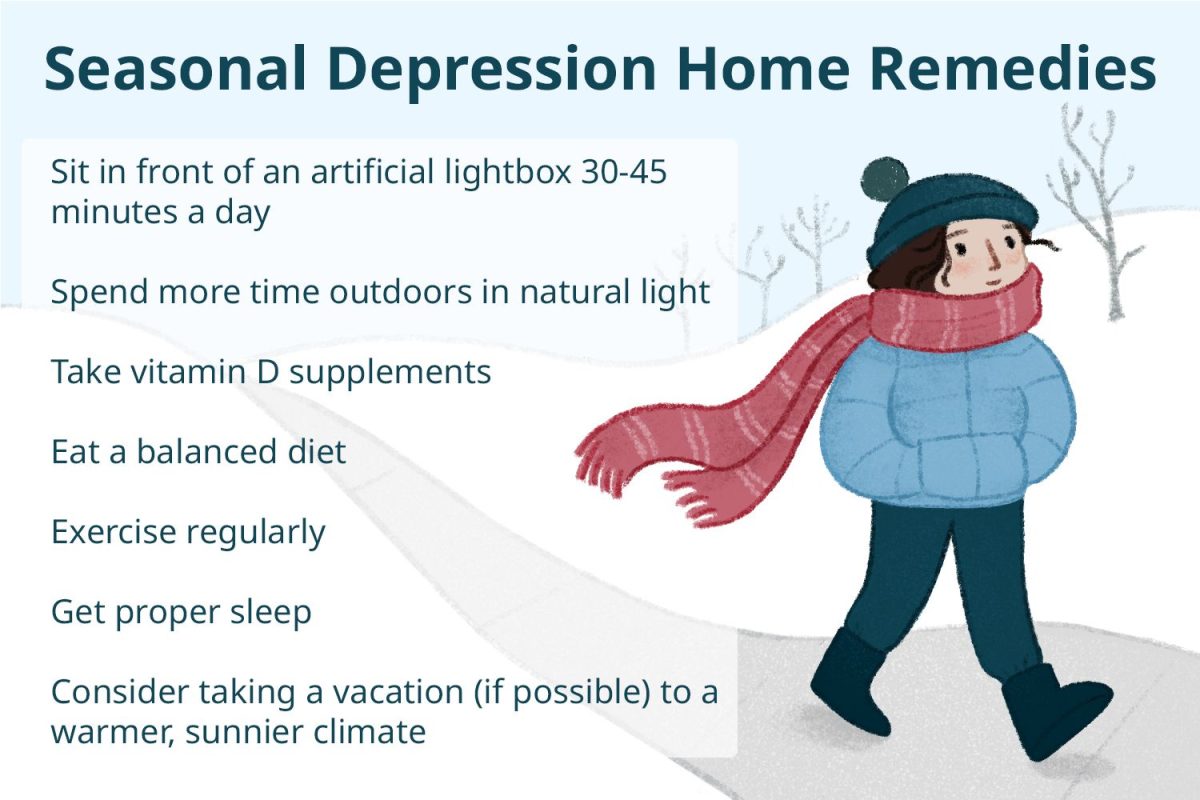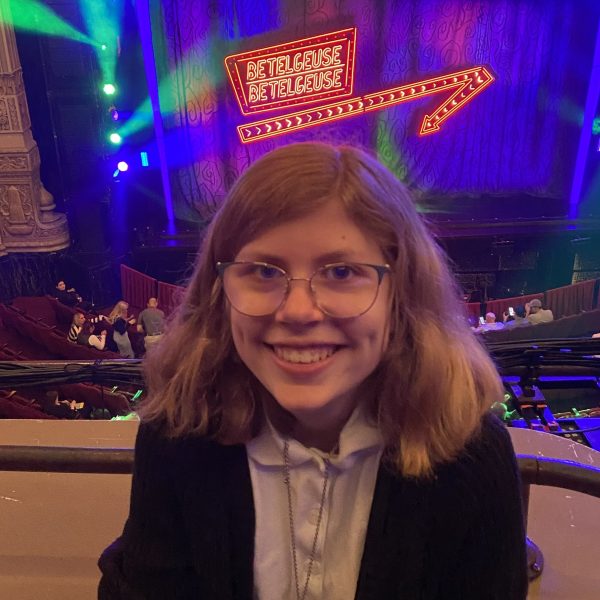It feels like far too often that we open social media, see a post from a media update account, and open it to discover the cancellation of yet another beloved TV show or to see the removal of a show from a platform.
“Cancel culture” is becoming more and more frequent nowadays, but not the kind of cancel culture one might think. It’s not the “cancelling” of problematic celebrities, but the cancelling of TV shows.
According to Rotten Tomatoes, within this year, almost 61 TV shows have been cancelled across almost all streaming platforms and various TV networks, and people are starting to get fed up, students at Plainfield North High School included. North junior Isabella Fletcher expressed her distaste with streaming services, saying, “I’ve seen the same… slop on Netflix for a while.”
North senior Jackie Held is a big fan of two TV shows that were cancelled: “The Owl House” (streaming on Disney+) and “Shadow and Bone” (streaming on Netflix). Both shows were heavily beloved by fans, and there was an uproar when it was announced that they would no longer be continuing. When asked about her feelings about “The Owl House” being cancelled, Held said, “I’m really upset about it because…The Owl House was an amazing show and…it dealt with important topics such as death, grief, guilt, and queer, diverse, and disabled representation. It’s a shame The Owl House was cancelled because it could’ve been used to teach children about these topics in a way they could understand, fostering creativity and allowing them to be proud of their differences.”
Held’s point about diverse representation in “The Owl House” is one that is about other cancelled TV shows. For example, this year, Netflix released the show “Dead Boy Detectives,” in which three out of the four main characters are people of color, and one is openly a part of the LGBTQ+ community. The show deals with topics such as death, abuse, grief, and has characters with LGBTQ+ identities. The show was cancelled the same year it was released, after just one season, and fans are furious. Many blame Netflix for cancelling diverse shows out of fear of losing viewership or criticism.
However, this may not be the case. According to a Forbes article, Netflix bases a large percentage of their renewal criteria off of “completion rate,” or the percentage of people who have watched the entire show all the way through, therefore “completing” the show. The bar for renewal versus cancellation rests around 50%, seeing as “Heartstopper” had a 73% completion rate and was renewed, while “Resident Evil” had only a 45% completion rate, and, despite spending three weeks in the top ten, was cancelled. This seems to be a trend: popular media getting cancelled or even removed from the platform.




